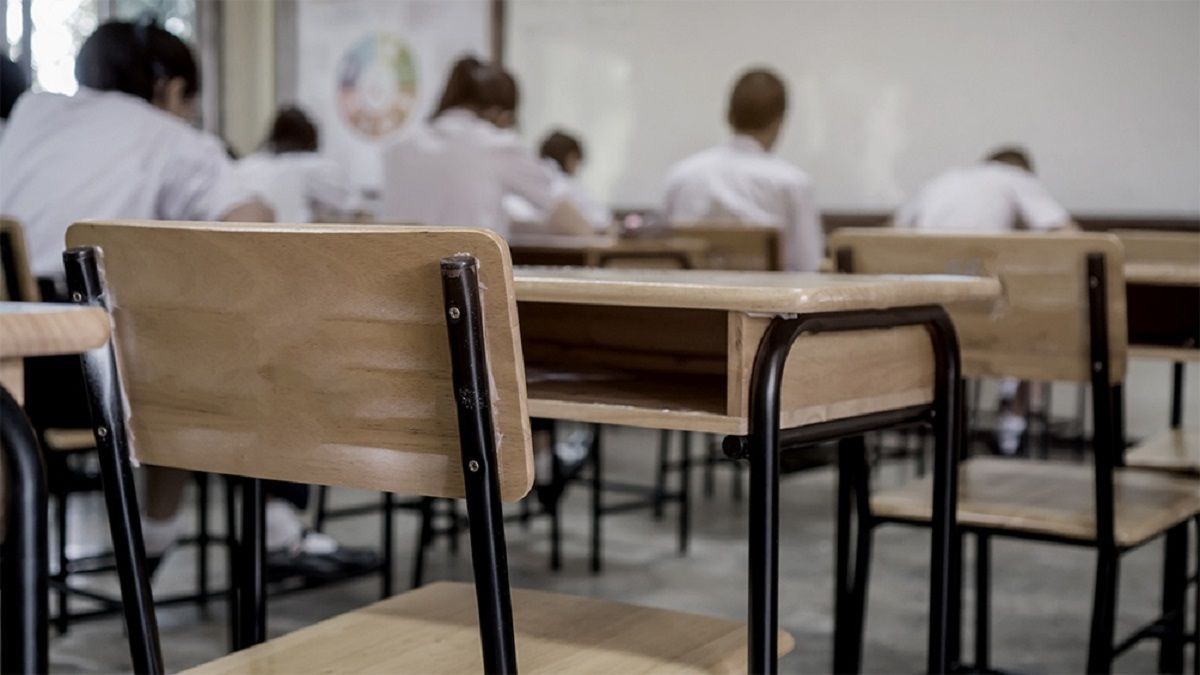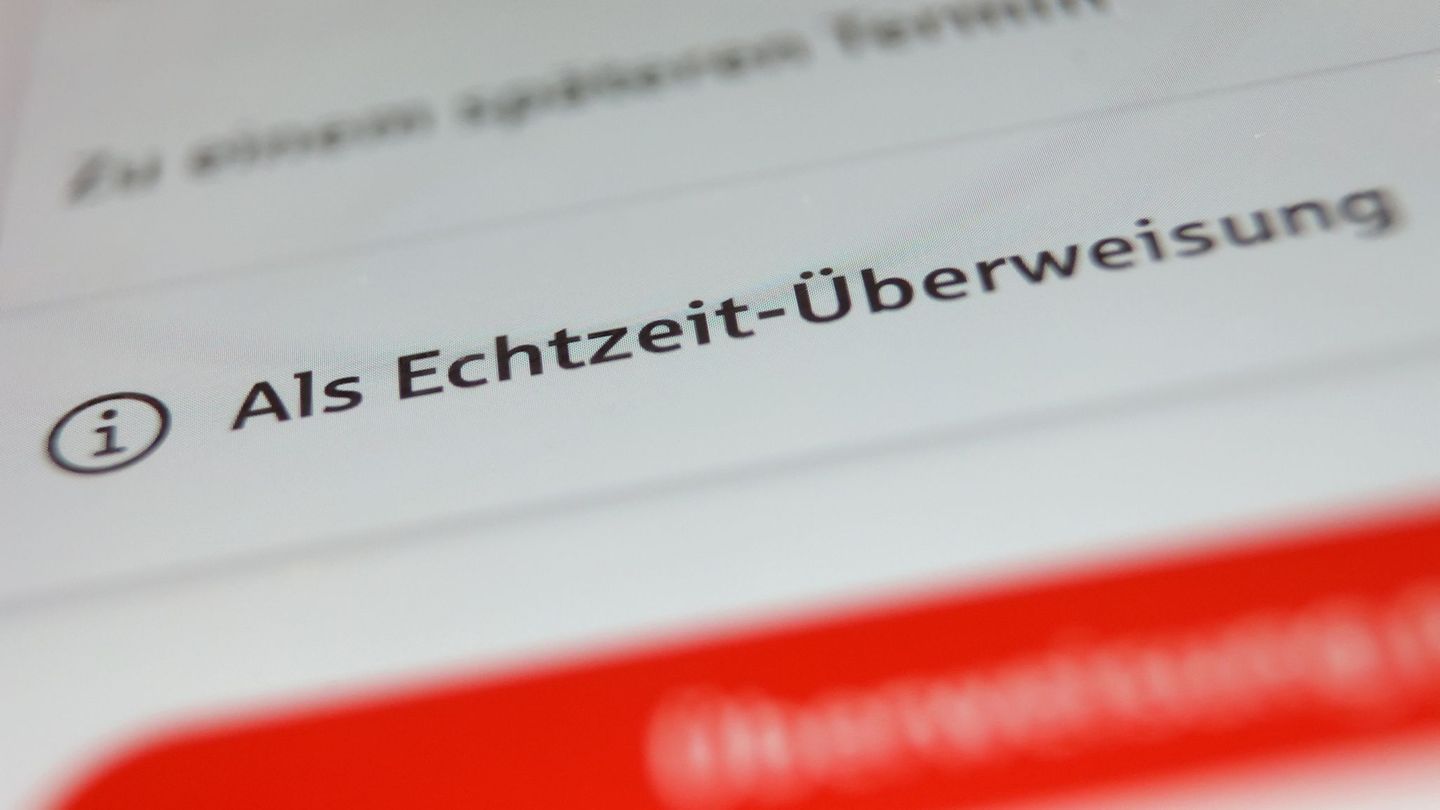Why is repetition not beneficial?
-
Because if a student did not achieve the objectives in one year, unless we change the didactic matrix, they will not learn it no matter how much they do it again.
-
It is known that repetition generates more school dropouts.
-
Students develop socio-emotional disorders: repetition generates insecurity, separates him from his group, makes him feel that he is to blame, when in reality, the responsibility is shared.
-
The student is required to take subjects that he has already passed.
-
There are also studies that say that those students who repeated do worse on standardized tests, such as Aprender, than those who did not repeat.
And the list goes on…
However, eliminating repetition today could send the wrong message: that you don’t need to work hard to get ahead in life. Terrible message for a school population that needs to return to values and understand the value of effort and perseverance. On the other hand, there is the student who makes an effort: what message do we give him if everyone advances the same way? And let’s not forget about the teacher: what teacher can sustain his enthusiasm when in front of his eyes he sees that his work doesn’t count, because anyway, they all pass the year? Unmotivated students and teachers: the best combination for a resounding failure of education.
Then what do we do?
The focus should always be on educational quality.
We could think of eliminating repetition when the conditions for students to learn are guaranteed. In other words, work on a new matrix where the student goes to school to learn, not simply to pass. For this we need an interdisciplinary team working with the students: identifying those who have difficulties, working with personalized academic trajectories, and accompanying them to achieve the objectives.
We need the education system to focus on LEARNING, not APPROVING. Otherwise, we continue to have a kind of production line that graduates one after the other, where everyone passes regardless of having learned or not, and then the school becomes a BIG LIE. Through graduation and diploma, we tell students: “CONGRATULATIONS, you did it!”and actually achieved nothing.
This leaves them alone facing a world for which they are not prepared and more than having protected them, we will have left them alone.
Having advanced without having consolidated their learning positions them in inferior conditions in the world of higher education, because they are clearly not prepared, leaves them out of the best jobs, and generates great insecurity and frustration for them because what he should have given the school, it didn’t.
Do we want better results in schools?
We have to stop teaching such heterogeneous classes in a homogeneous way, with students so different from each other. we must stop teach serially and start teaching seriously.
Each student is unique. We must understand that thirty kids who learn in different ways, at different rates and at different times, cannot continue to receive a “one size fits all” education. We must personalize education. Today, having a teacher standing in front of the blackboard, transmitting content to 30 students, in the same way, no longer works. It worked long ago in a world that no longer exists today. These times, with these students, demand a new school.
It is time to resume the values of effort and perseverance, to offer an education in keeping with the times we are living in and to guarantee children that, even in moments as chaotic and versatile as these, they will have the necessary tools to advance in life.
The transformation of education is necessary not only for students, but also for the country. The next doctors, governors, lawyers, businessmen are sitting in the classrooms of the country’s schools… people who will make decisions for all of us. How are they preparing for their best life if the school continues to teach them to memorize and not to think; if we teach them that everything doesn’t matter, making an effort or not?
If what is sought is more graduates and fewer school dropouts, taking repetition helps to achieve the objectives.
Now, if we want better prepared students, who can stand empowered in the face of an absolutely unpredictable world, we must teach them to learn, arouse their curiosity, accompany them, stimulate them, provide them with essential tools for life, such as learning to manage anger, frustration, develop curiosity, resilience, etc., give them some autonomy so that they can take responsibility for their academic trajectories, and help them to dream: school is the means, not the end- it is the means that will allow them to become their best version .
Author, trainer and teacher educator (@lauralewinonline)
Source: Ambito
David William is a talented author who has made a name for himself in the world of writing. He is a professional author who writes on a wide range of topics, from general interest to opinion news. David is currently working as a writer at 24 hours worlds where he brings his unique perspective and in-depth research to his articles, making them both informative and engaging.




